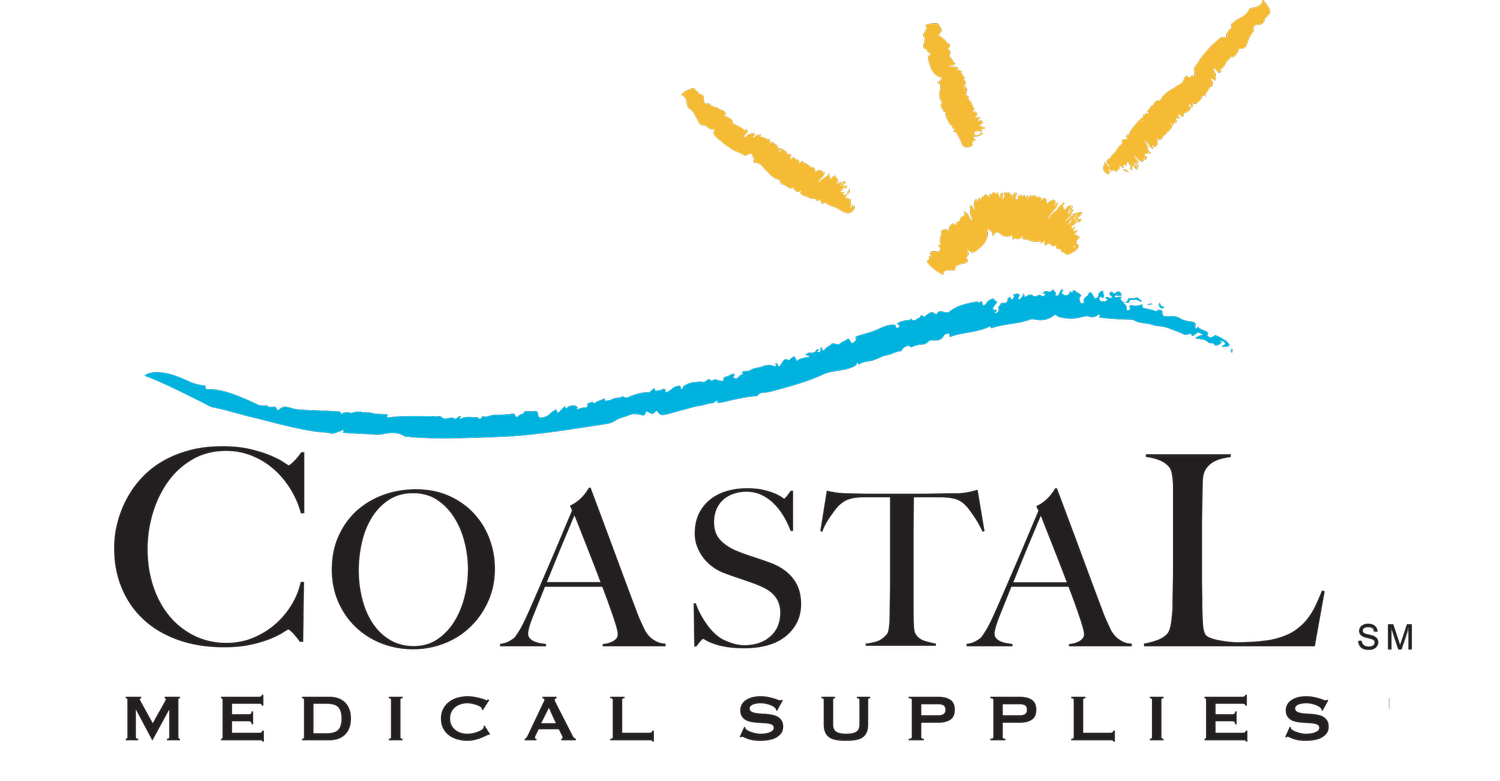Memory Aids For People With Alzheimer’s or Dementia
If you are responsible for taking care of someone who is older, you may have significant concerns for their memory. Will they remember to take their medication every morning (or, will they remember that they already took their medication this morning and not accidentally take it a second time)? Will they remember where they live if they take a walk? Will they remember to feed the cat or to turn off the bathtub or oven?
There are many clever solutions to help solve memory problems. Here are some of our favorite tools:
Apps
There are many apps to assist with memory problems. It's Done! is a handy checklist-style app that can help the user accomplish the little everyday tasks of normal life. The Spaced Retrieval Therapy App uses reminders spaced over varying periods of time to help people both record and then remember important information. An app like Notion can be a great all-in-one to-do list + calendar + file storage + lifestyle app that you can customize to serve just about any need you have.
Medication reminders, dosette boxes
Remembering to take important medication is a daily struggle, but thankfully there are many unique devices that have been created expressly for this purpose. Of course, there are multiple apps designed for this, including one called Medisafe that also includes helpful reminders about when you need a refill and what other foods or medications might interfere with your current prescriptions.
The Hero Health device is an amazing tool that is programmed to dispense the correct medications on whatever schedule is required and has a built-in alarm to notify the user that it is time to take their pills. It holds up to a 90-day supply of medication, so you only have to fill it a few times a year. It even pairs with an app so you can make sure that your loved one actually took their pills on schedule, and know when you need to reorder medications.
CVS offers a service called Simple Dose where they will package your pills up into individual baggies marked with the time of day and names of the medications in the bag and then boxes them up into a handy dispenser- all for no additional fees.
Appliances that automatically turn off
It can be nerve-racking to wonder if your loved one remembered to turn off the oven after they finished cooking their meal. Some newer countertop appliances, like Instant Pots, toaster ovens, and rice cookers, automatically shut off when the cooking cycle is complete.
For ovens and stoves, there are a few new devices that can help. The Wallflower smart plug connects to your oven and a phone app, and, while it doesn’t shut the oven off, it can send you a notice anywhere you have access to wifi. The iGuard Stove uses a motion detector to make sure that someone visits the stove at least once every five minutes while it is on, or it will shut off the stove automatically. You can also program it to have a longer timer if your loved one is cooking a roast or sauce or something else that needs to simmer for longer.
Object locater devices - tile, find my phone
Another popular set of devices for people who tend to lose things (which can also be useful for those of use who don’t yet struggle with other memory issues!) are bluetooth-enabled trackers that you can attach to items like keys or your phone. The Tile Tracker is the most popular, but Apple also offers their AirTag, and Samsung offers their Galaxy SmartTag+.
White boards + Sticky Notes
Finally, you can’t forget about good, old-fashioned whiteboards and sticky notes. These are cheap, easy, and can be easily modified to accommodate any note or to-do that you need to remind your loved one about.
What tools and tricks do you have for helping your loved ones with memory loss? Share with us in the comments below!

